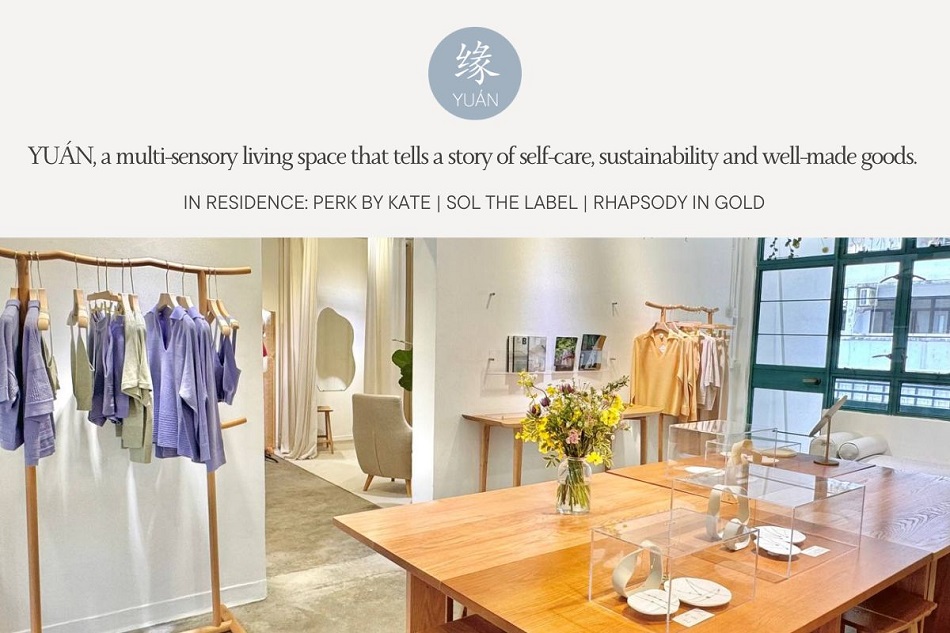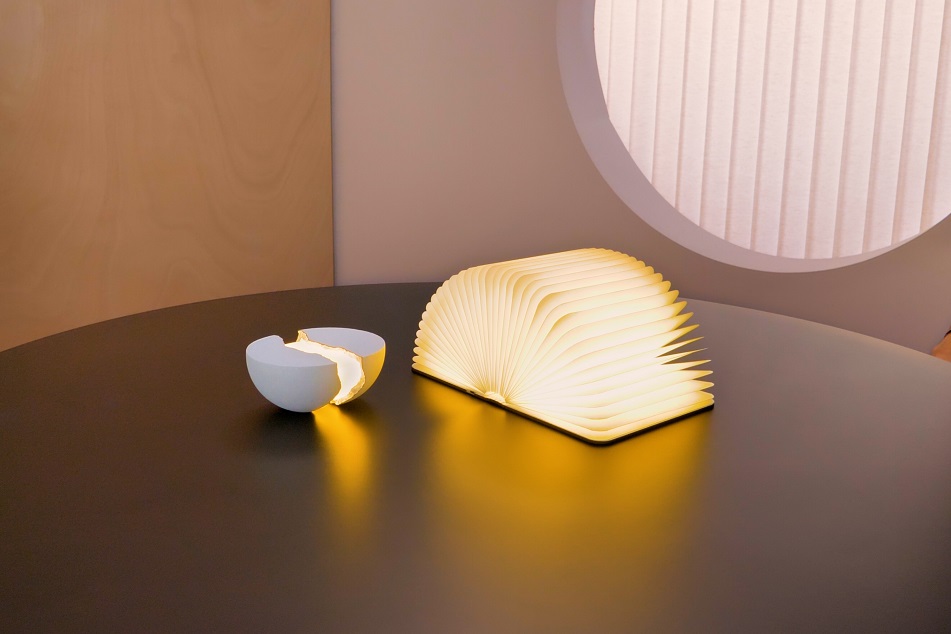Leisure & Culture #49
If Our Language Was Coffee
The Coffee Agenda
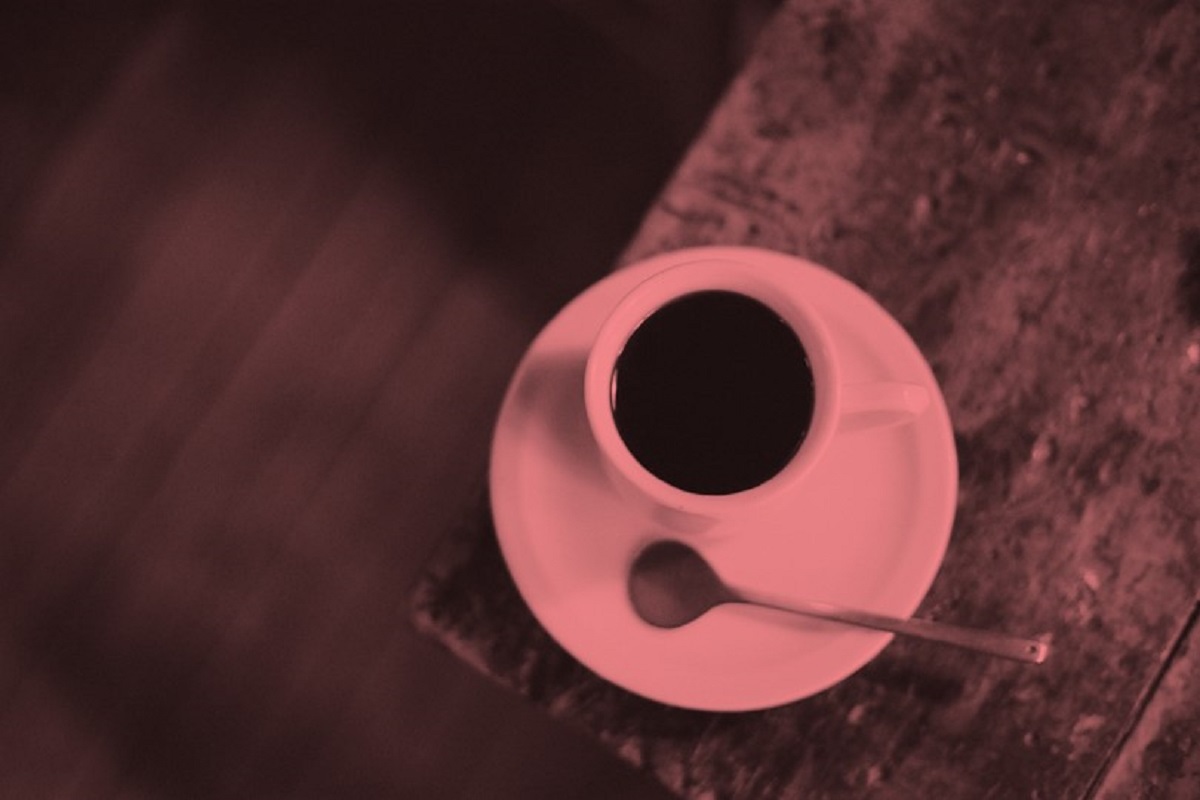
Written and photos by: Kit Chan
“Very simple, intimate and true” is the unique description found in the prologue of Haruki Murakami’s If Our Language Was Whisky symbolizing his romantic muse on whisky, which I also find it appropriate to describe another drink – coffee.
Coffee, as everyone knows, cannot speak but does develop a culture and a bonding which gets more sophisticated in the society. Sweeping over the world as a coffee wave cloned by American coffee roaster Trish Rothgeb in his writing in 2002, coffee has been showing its power for the fourth time since its premiere last century: the emergence of instant coffee around WWII from 1940 to 1960 marks the first generation of this beverage merchandise for all walks of life, the mushrooming presence of caffeteria chains all over the world from 1960s to the Millennium creates another cycle that signifies the hippies’ life and the pursuit of style through interior décor and vibe.
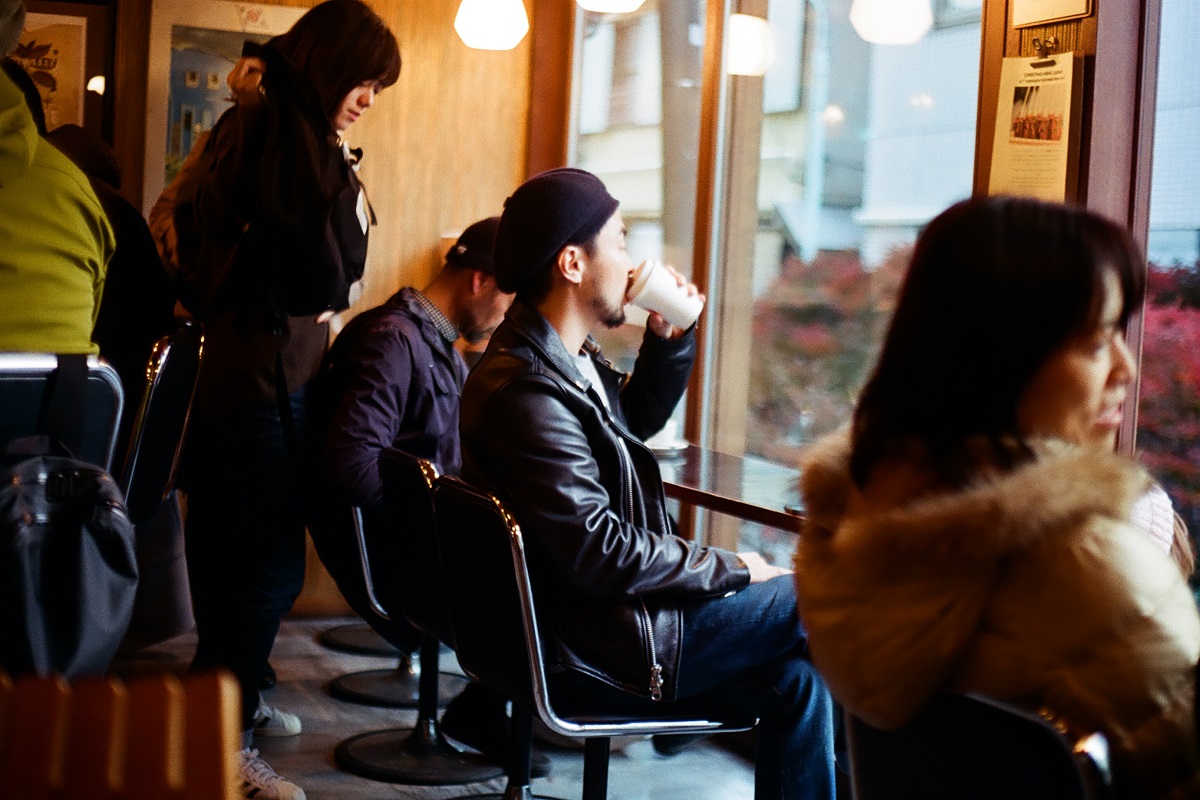
It is the third wave where we are now in that highlights professionalism and exclusivity which is composed of the origin of beans in tandem with the techniques of roasting and brewing, while the global hot topics of fair trades, organic plantation and rainforest ecology have not ever since been overlooked.
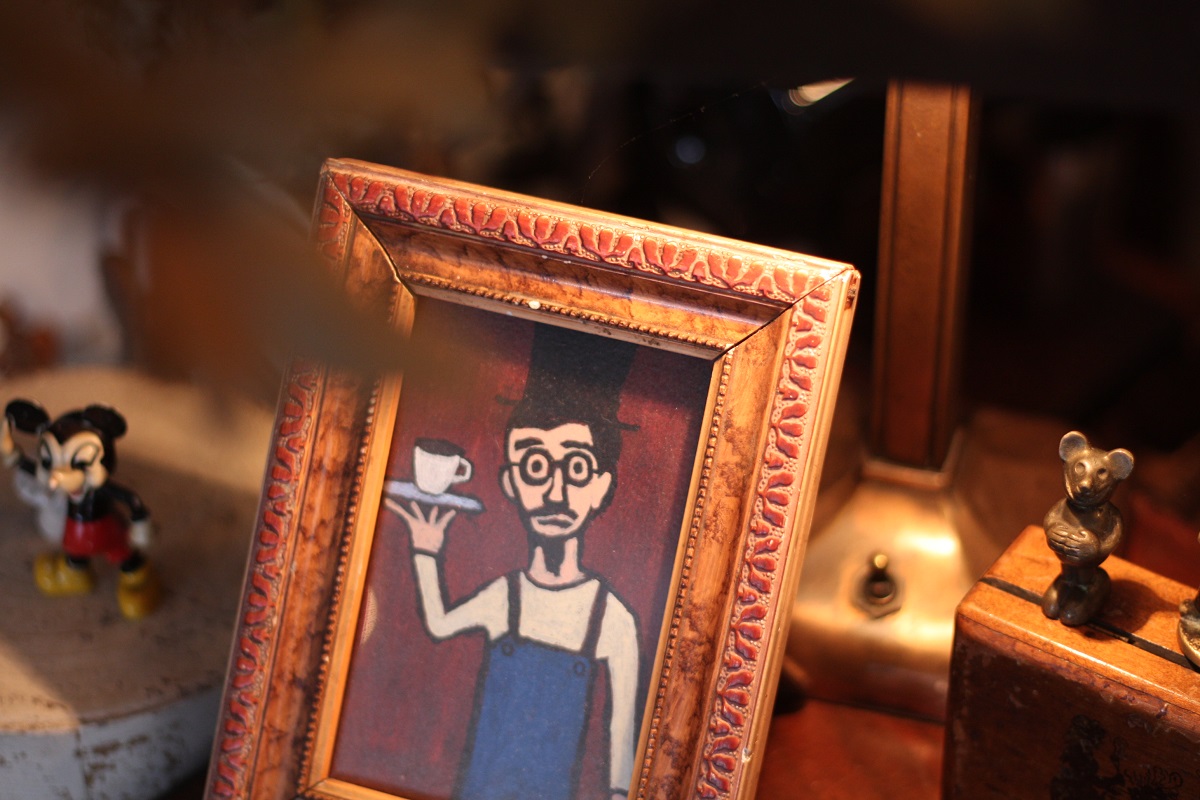
And, what will the forthcoming fourth wave look like? Experts anticipate a new coffee era where producers, roasters, baristas and customers form a closer network by virtue of an increase in the number of people who roast their own beans and brew their own coffees.
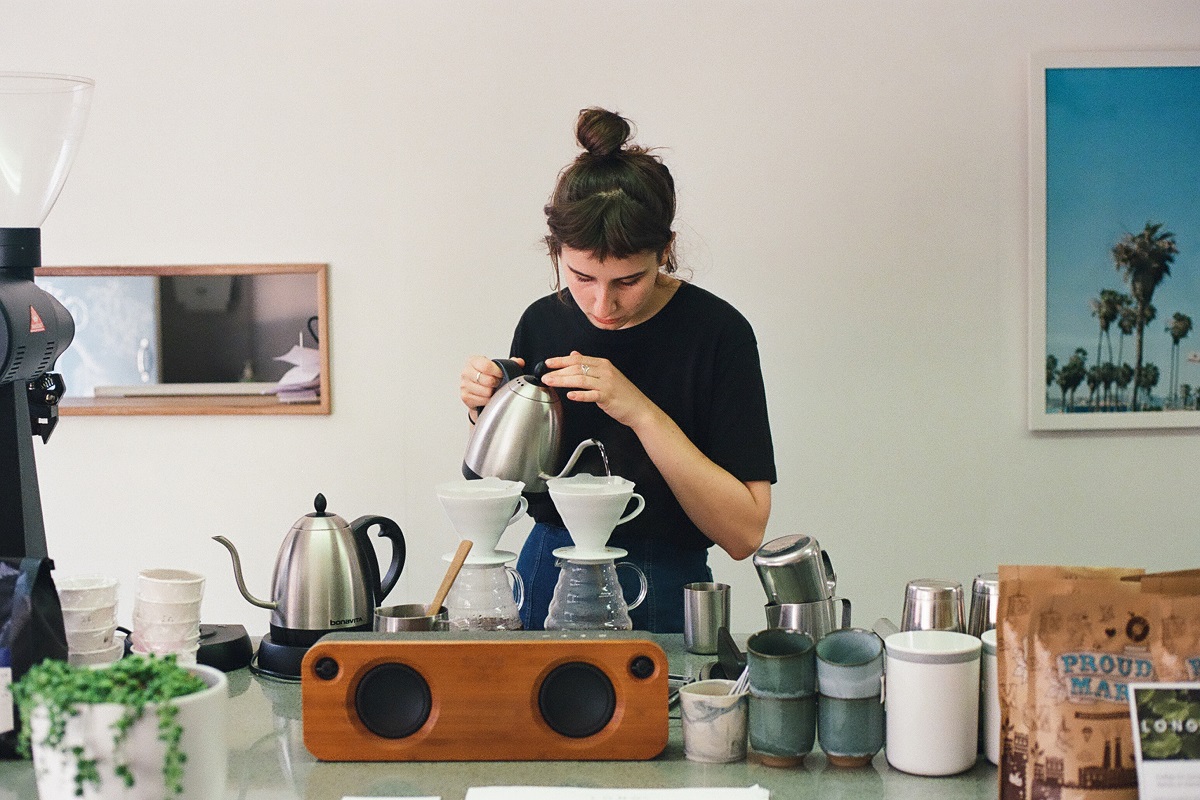
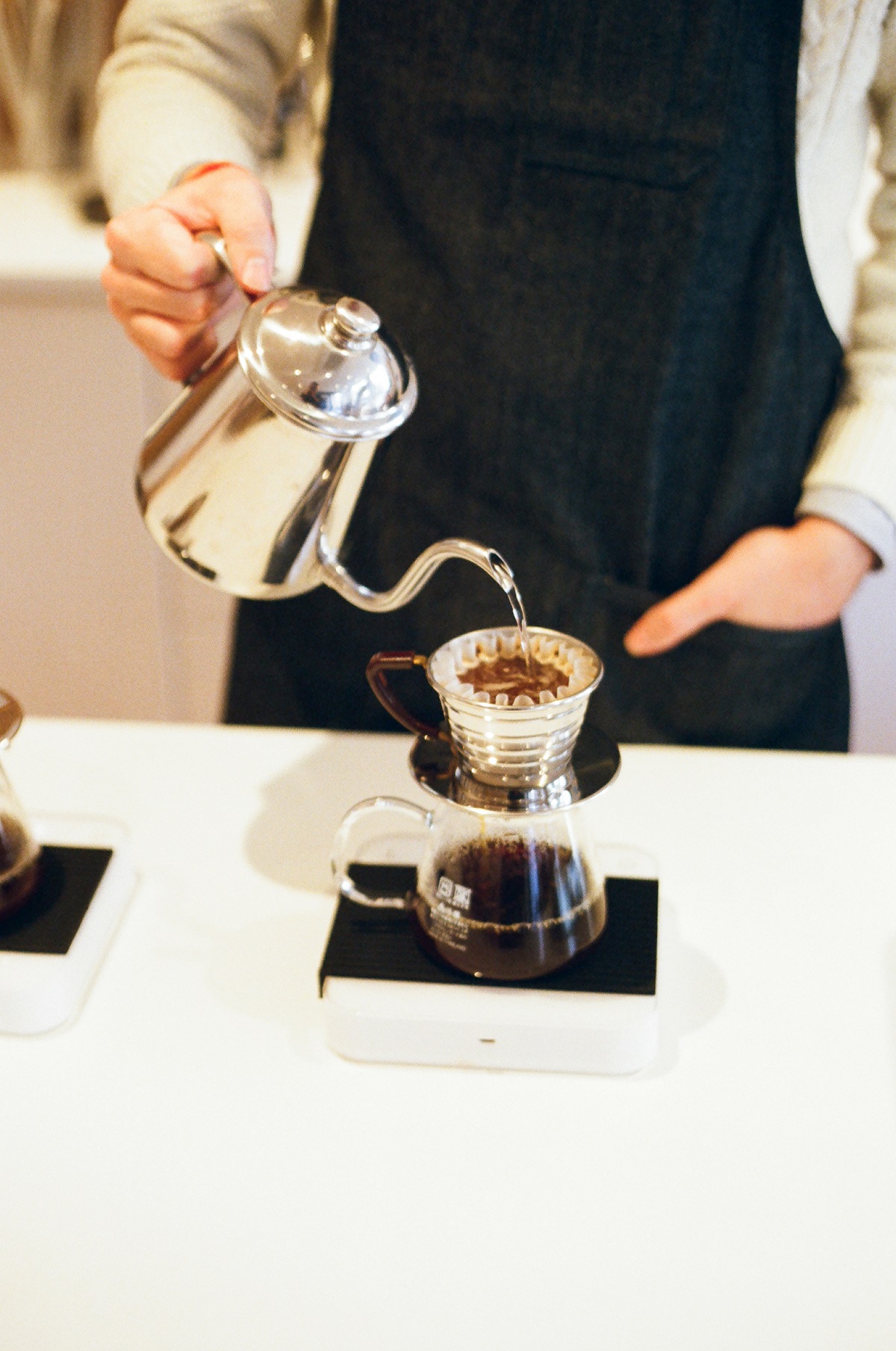
Without doubt, what people look for is an experience and even exchange of ideas, thoughts and influences between one another, which is completely beyond palatal enjoyment, techniques and knowledge.
For example, Wife&Husband, a café in Kyoto gaining popularity among art-loving youngsters, offers an unprecedented rental service of tableware and furniture for downshifters to indulge in hygge elegantly with light food and hot coffee even along the riverside of Kamogawa.
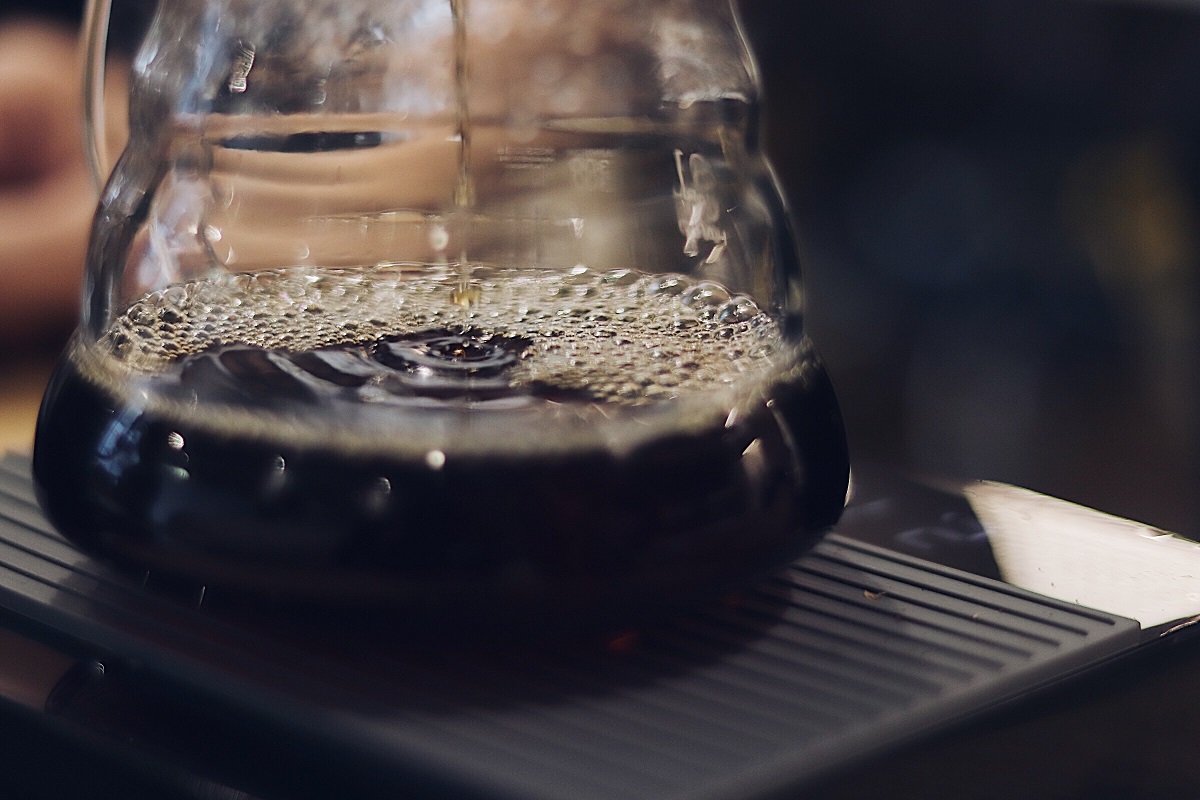
Meanwhile, the cafés in Hong Kong, particularly those in the neighbourhood of Sheung Wan, are no longer running single business and lagging behind, but are instead exploring the co-working possibilities.
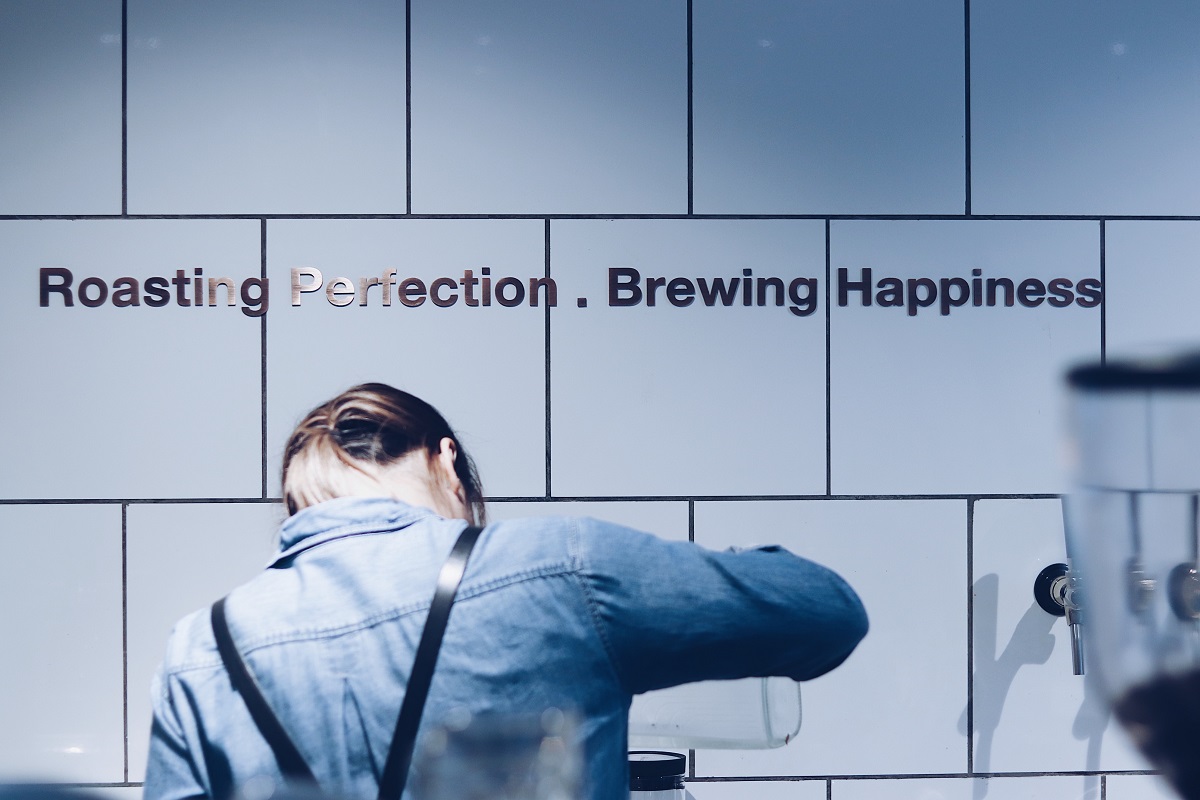
Coffee & Laundry is one of the composite examples well known for the two synonymous businesses and for turning a waiting area by the washing machines to a space of liberty celebrated with the coffee.
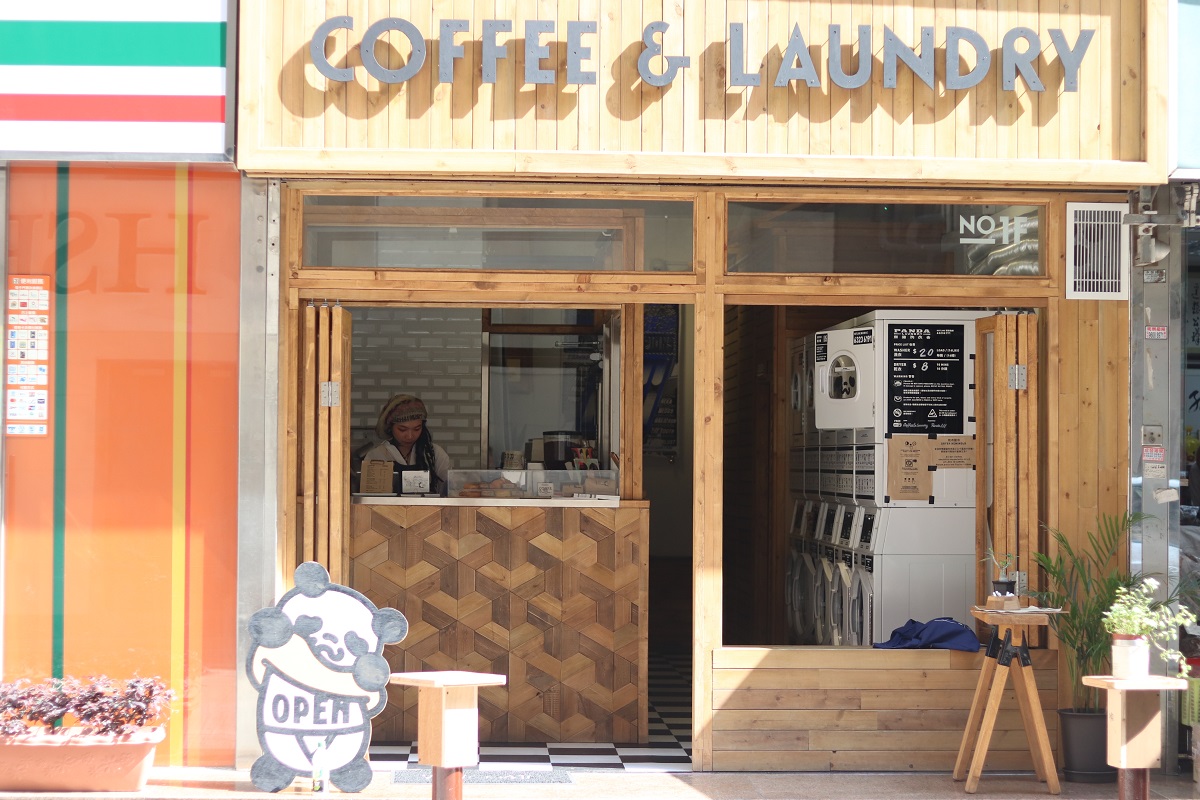
Turning a waiting area by the washing machines to a space of liberty celebrated with the coffee.
Branding strategist Loftwork’s co-working space MTRL also spares a corner not only for a stylish touch but also for coffee tantalization, relaxation and interaction. Even the Mount Zero Books in Tai Ping Shan Street also refurbishes the mezzanine floor and changes it to a tiny café so that one cannot but stay longer probably simply for a coffee despite the already-captivating ocean of books.
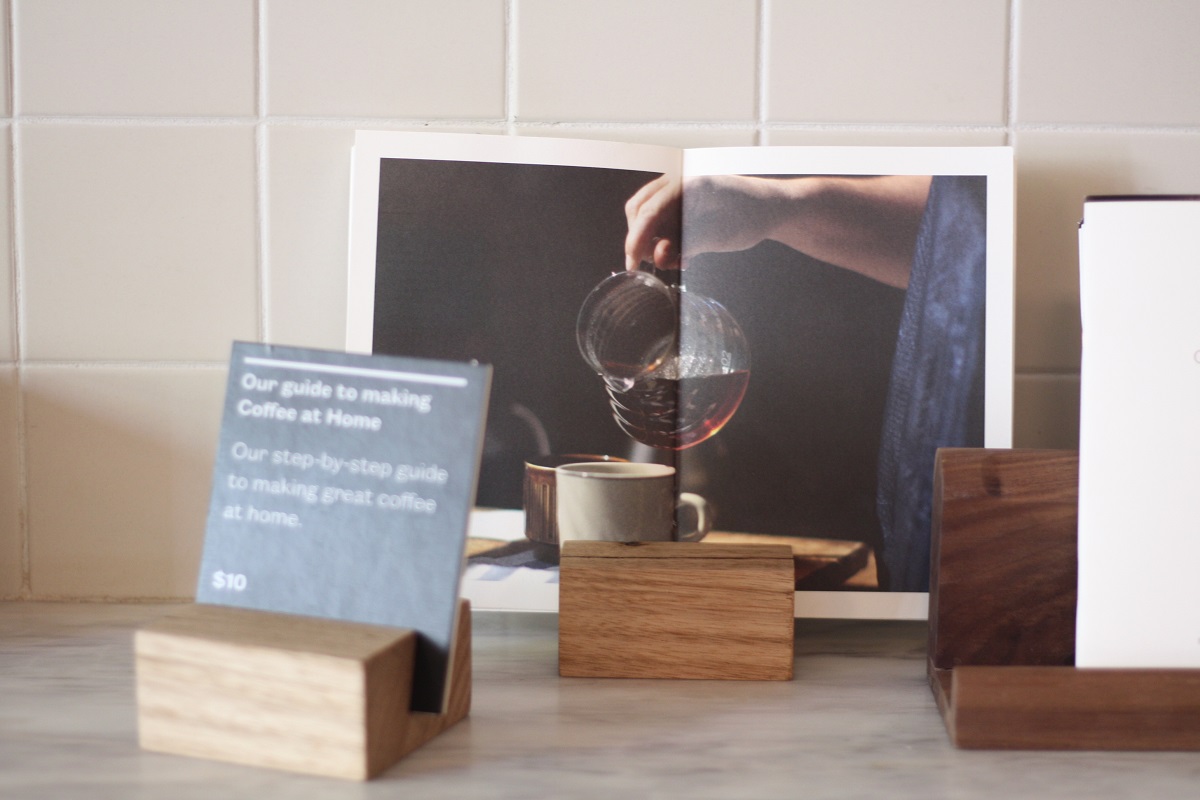
Coffee can also be an outdoor point of interest and the theme of a bazaar. The London Coffee Festival has drawn a yearly participation of over 20,000 since its onset eight years ago and its run in the mainstream cities including New York, Milan and Amsterdam four years ago. The quarterly coffee bazaars in the proximity of Tokyo held in recent years are also the centre-stage for the coffee vendors from all different counties in the country and the must-go scenic spot for the coffee aficionados.
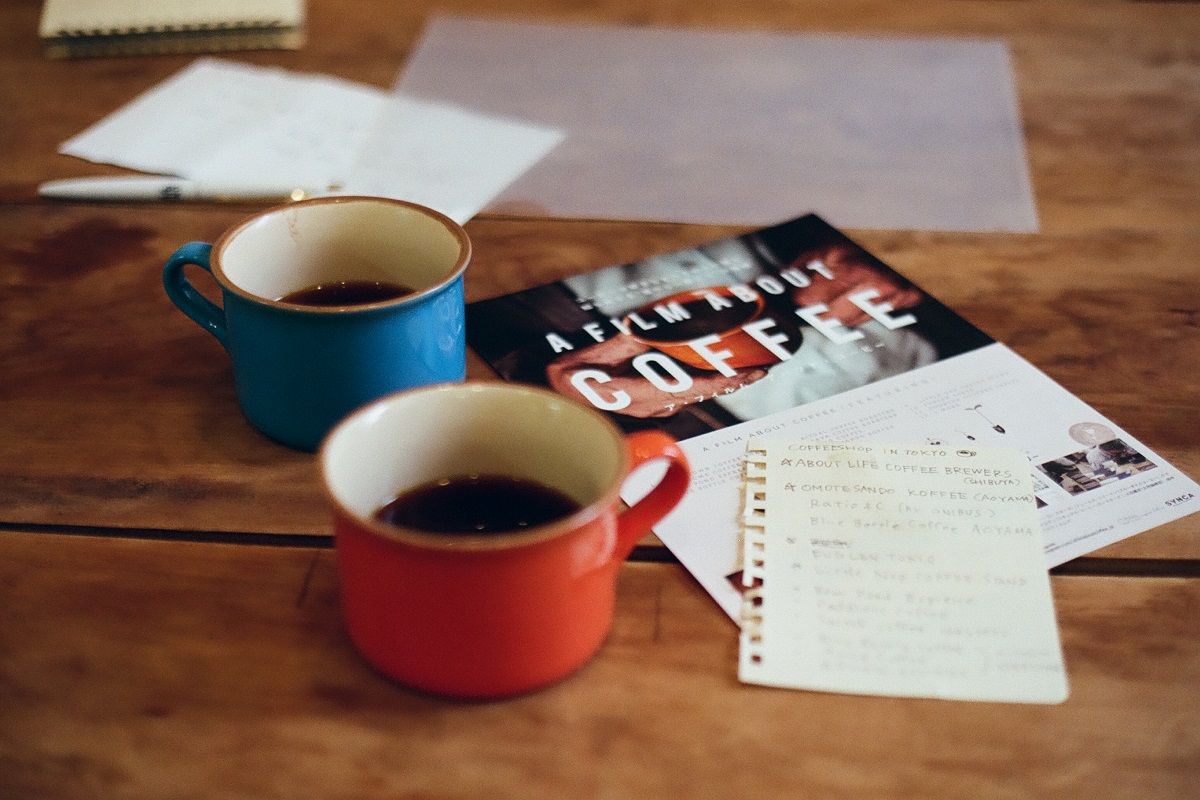
When it comes to Hong Kong, the Coffee Agenda run by PMQ this Spring provides a platform for local and Asian coffee veterans to share and interact. Here comes its second time with everything unchanged including the mission of communication through the media of coffee.
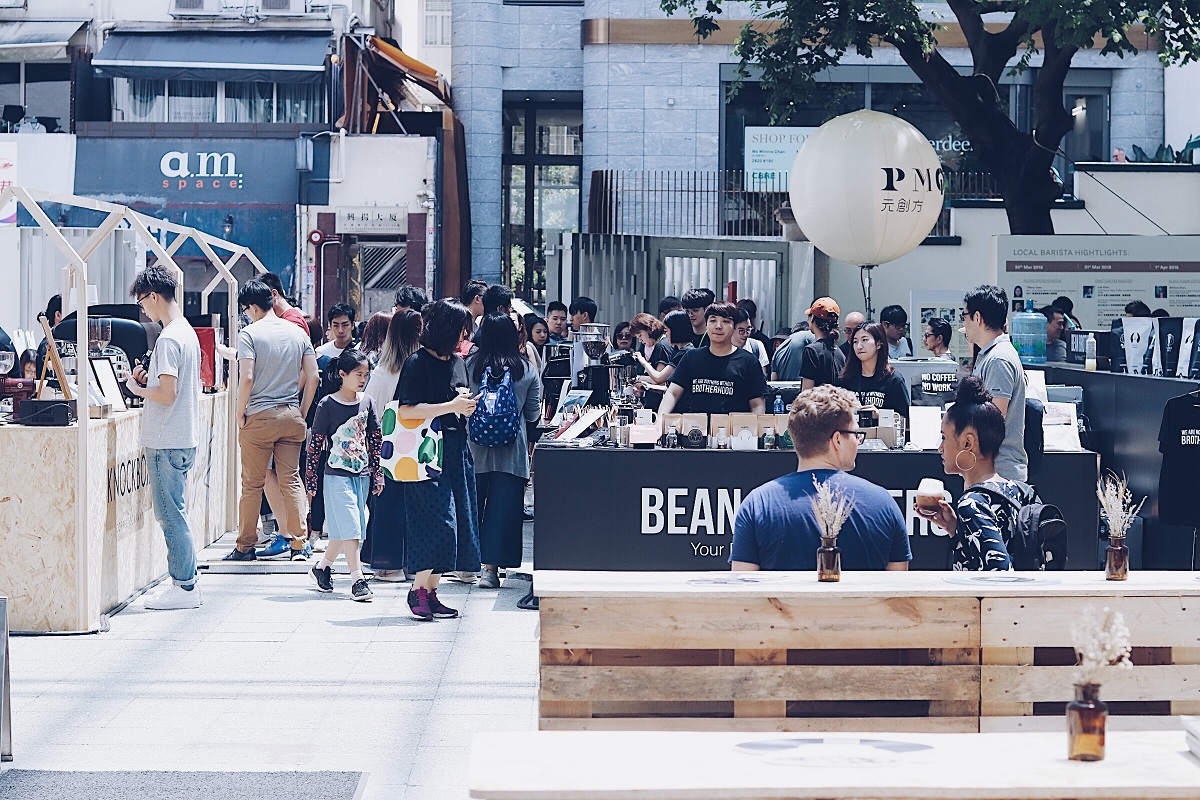
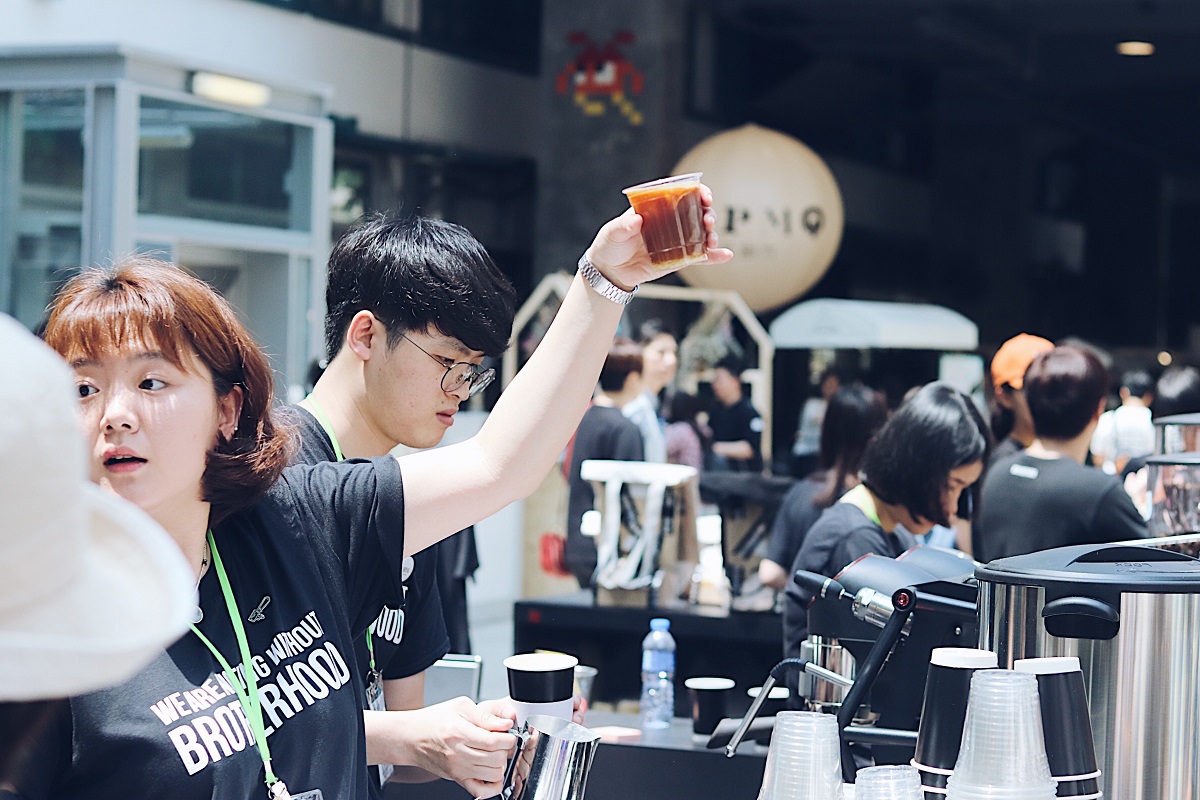
It is foreseeable that coffee remains the key to the doors of global economy, culture and daily stylish living in times to come as it is not only a relaxation catalyst but an inexplicable indulgence from which you can hardly be withdrawn.

